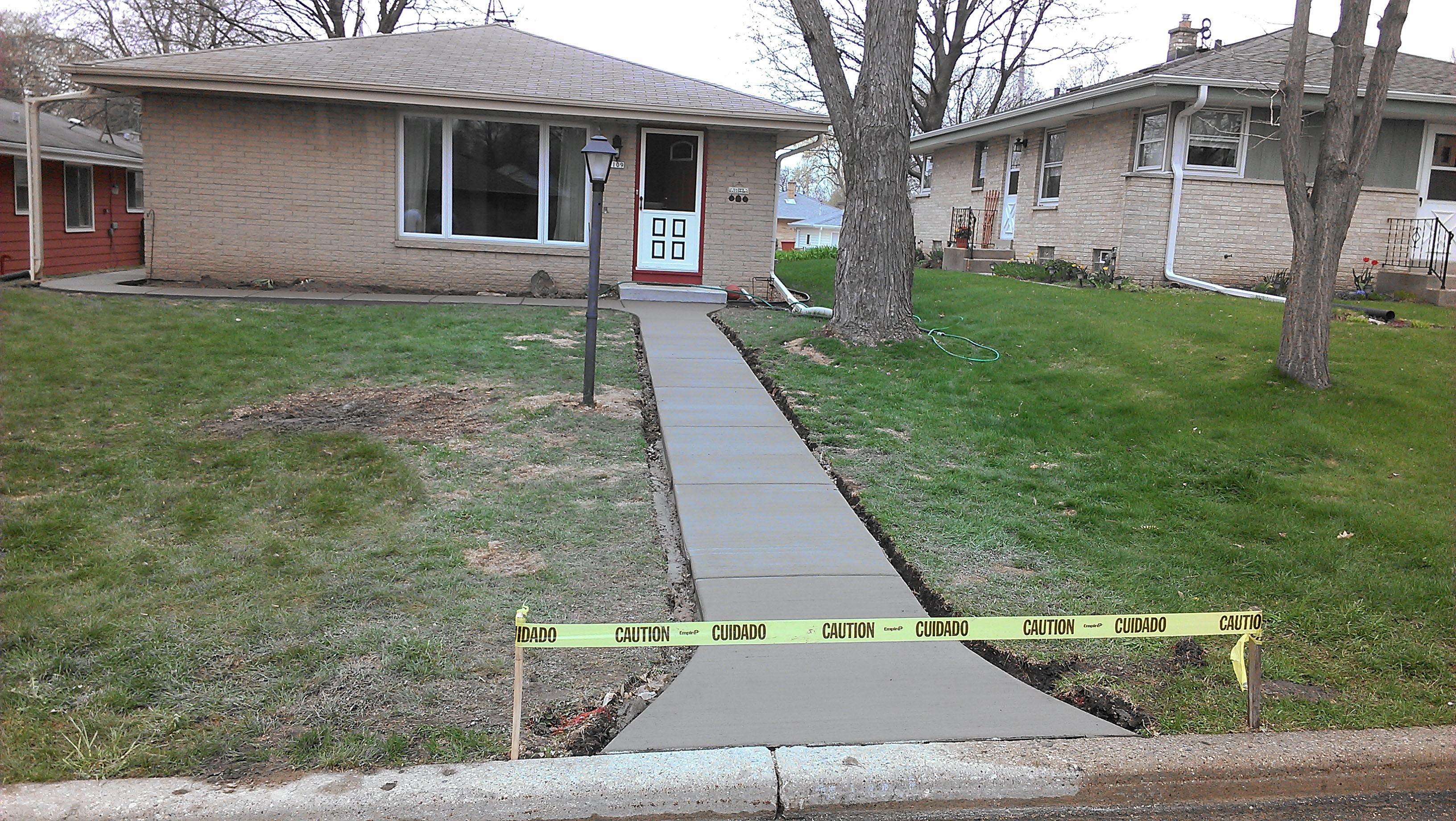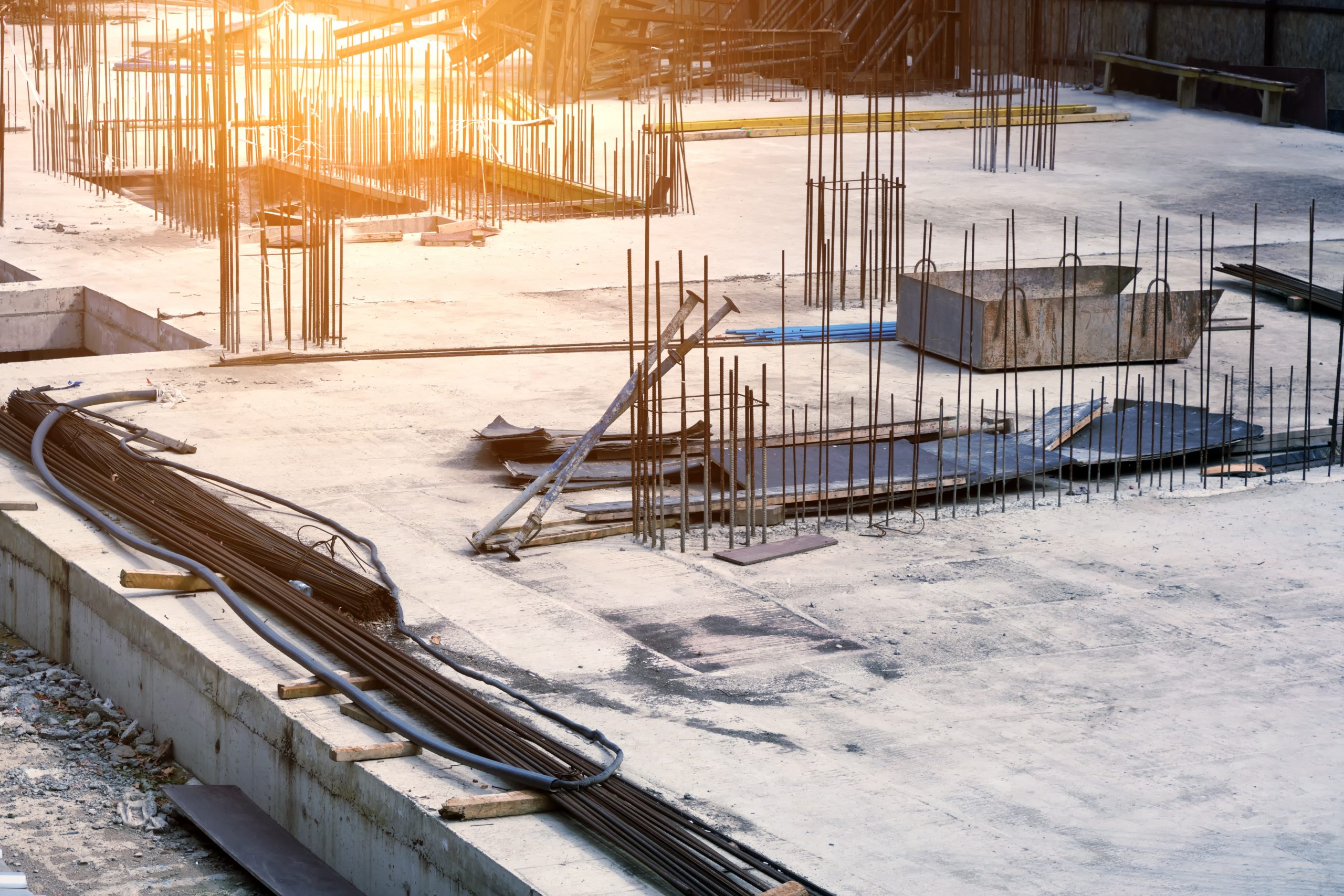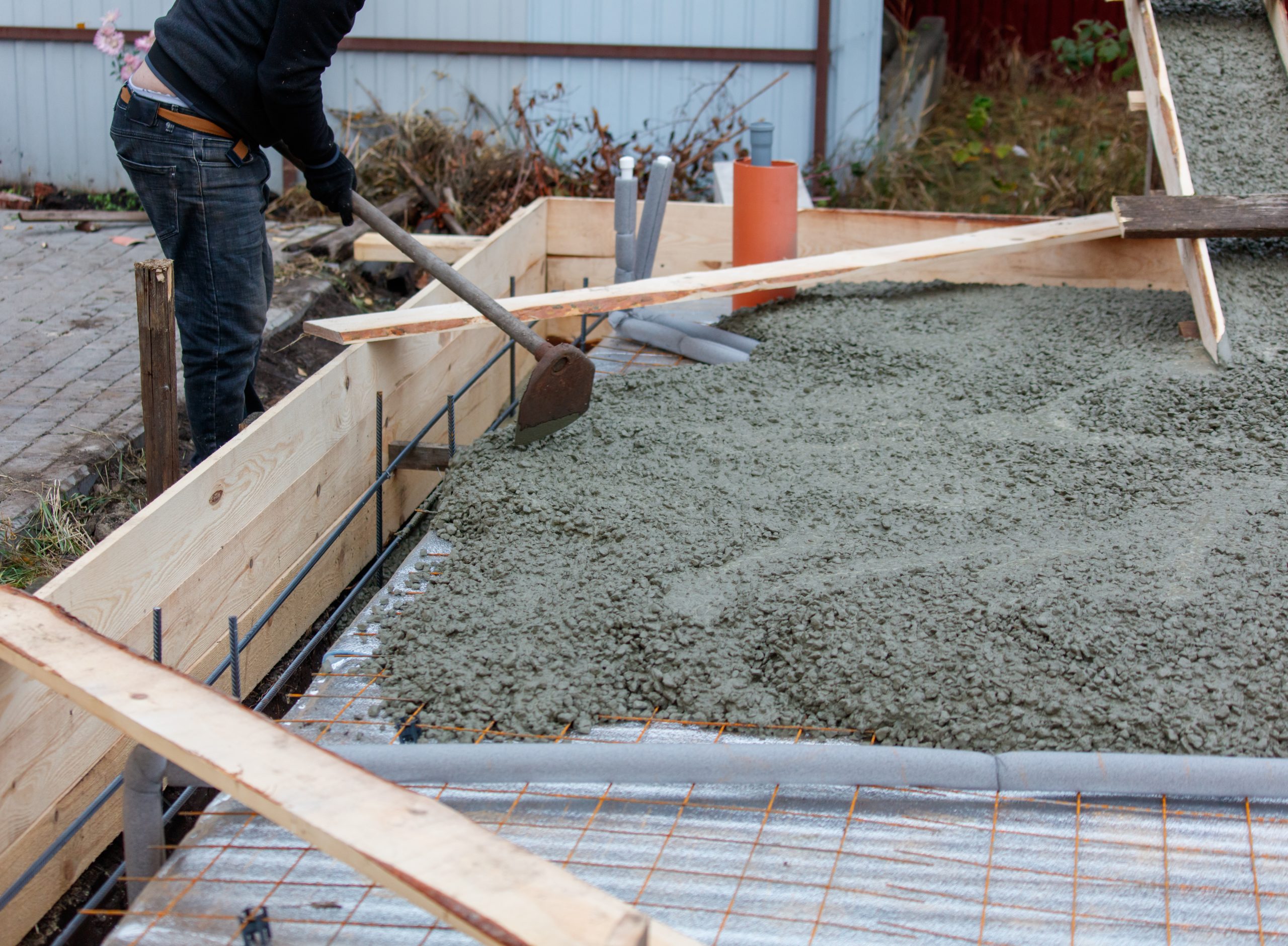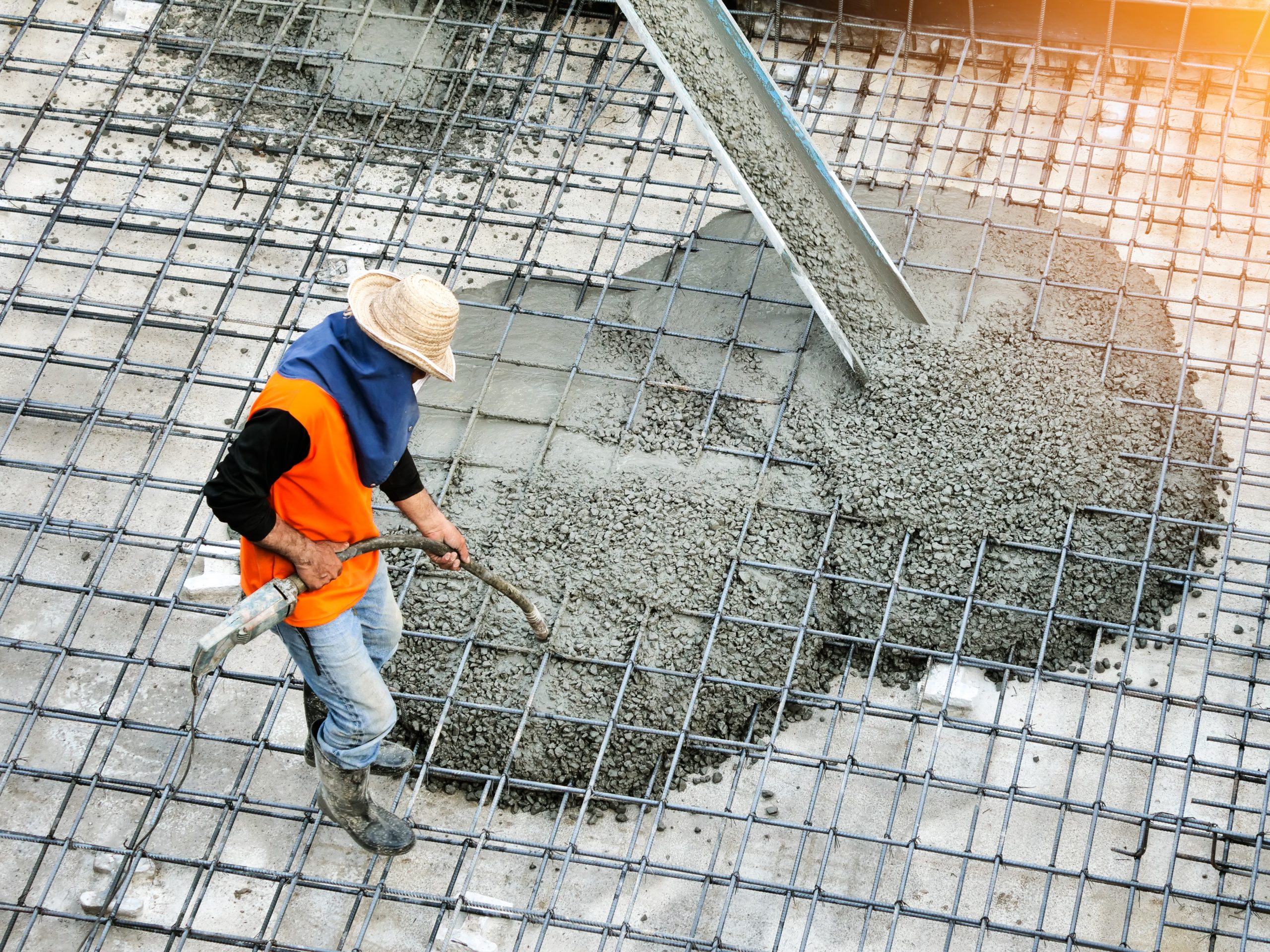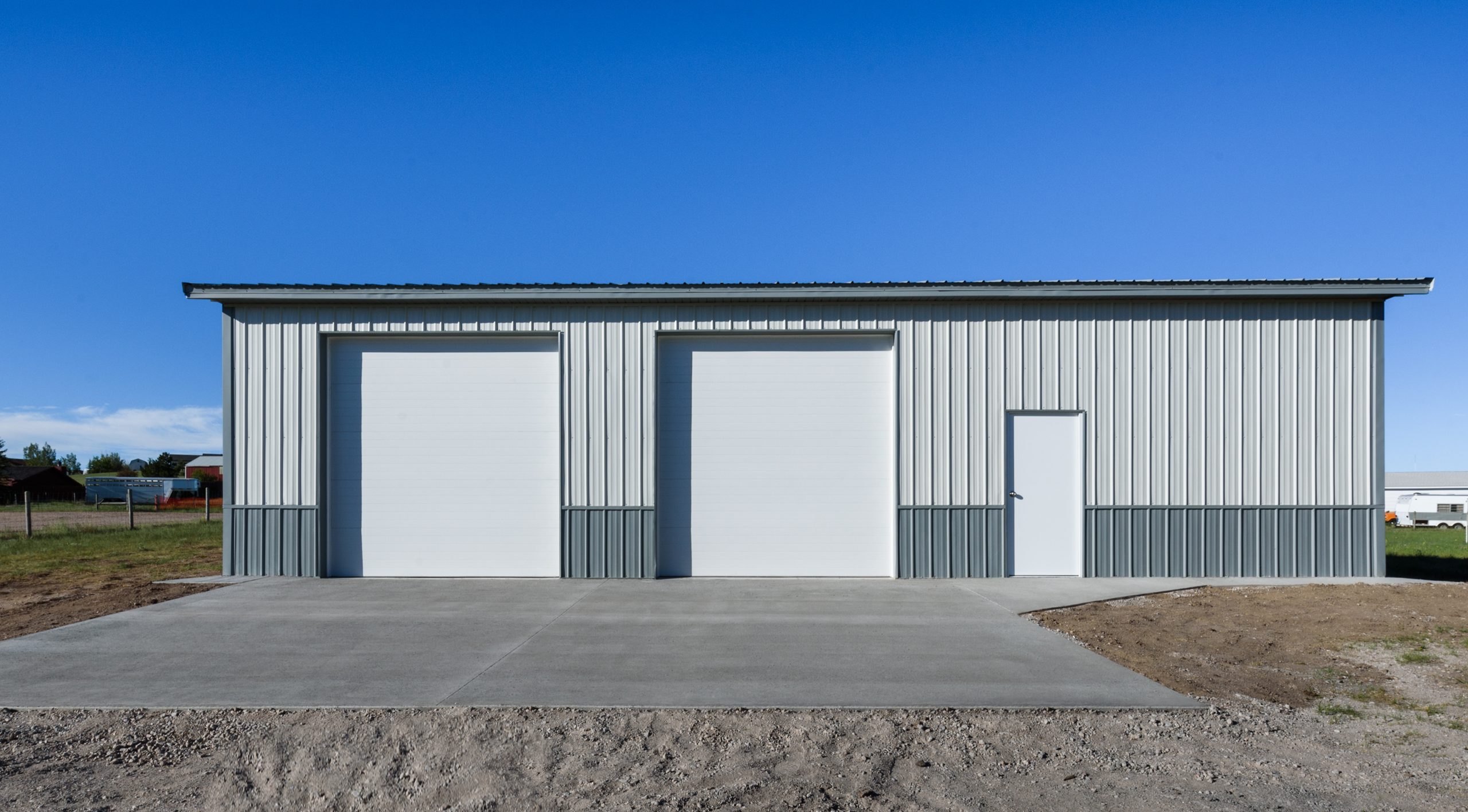Understanding Why Concrete Cracks
Concrete is one of the most durable building materials used in construction, but it isn’t indestructible. When you pour new concrete, you might expect a flawless, long-lasting surface. However, despite proper installation, cracks can still appear. Understanding why your new concrete cracked can help you take the right steps to fix it and prevent further damage.
Concrete Shrinkage
One of the most common reasons concrete cracks is shrinkage as it cures. As concrete dries, it loses water, causing it to shrink. If the shrinkage is uneven or restricted by forces like the ground beneath it, cracks may form. These are often called “shrinkage cracks,” and while they may not always be structurally harmful, they can be unsightly.
Improper Curing
Curing is the process of maintaining adequate moisture, temperature, and time to allow concrete to develop its full strength. If concrete dries too quickly due to high temperatures or inadequate moisture control, it can crack. Proper curing techniques, such as using curing compounds or keeping the surface moist, can help prevent this issue.
Excess Water in the Mix
Many concrete contractors add extra water to a concrete mix to make it easier to work with. However, excessive water weakens the concrete structure, makes it more porous, and leads to cracks as the water evaporates during curing. A properly balanced mix is essential to achieving a strong and durable concrete surface.
Subgrade Settlement
The ground beneath your new concrete plays a crucial role in its stability. If the soil was not properly compacted before pouring, settling can occur, leading to cracks. This is especially common in driveways, patios, and sidewalks where soil movement is more likely due to changing weather conditions or improper base preparation.
Extreme Weather Conditions
If concrete is poured during hot, dry weather, it can lose moisture too quickly, causing cracks. On the other hand, freezing conditions can cause the water in the concrete to expand, leading to surface damage. Using proper weather precautions, such as protective coverings or temperature-controlled curing techniques, can help mitigate weather-related cracks.
Heavy Loads and Pressure
Concrete can withstand significant pressure, but excessive weight beyond its design capacity can lead to cracking. This is often seen in driveways and parking areas where vehicles or heavy equipment put enormous stress on the surface. Reinforcement with rebar or fiber mesh can help improve the concrete’s strength.
What You Can Do About Your Cracked Concrete Right Now
Assess the Severity of Cracks
The first step in addressing cracked concrete is determining the severity of the damage. Small hairline cracks are common and may not require immediate repair, while larger cracks or those that continue to grow may signal a more serious problem. Regular inspections can help identify whether the cracks are cosmetic or structural.
Seal Small Cracks to Prevent Further Damage
If your cracks are minor, sealing them early can prevent moisture penetration and further deterioration. Epoxy or polyurethane sealants work well for small cracks, creating a watertight seal that helps protect against future damage.
Resurface Concrete for a Fresh Look
For cracks that have affected the appearance of your concrete but do not compromise its integrity, resurfacing can be a great option. A concrete overlay or resurfacing compound can restore the look of your concrete, providing a renewed surface without the need for complete replacement.
Reinforce Structural Cracks
If your cracks are deep or widening, reinforcement may be required. This involves injecting epoxy or using carbon fiber stitching to strengthen the concrete structure. This prevents further expansion and provides stability to the affected area.
Replace Severely Damaged Concrete
In some cases, cracked concrete cannot be effectively repaired and must be replaced. If your concrete is severely damaged due to improper installation or extreme structural failure, removing and repouring the surface may be the best long-term solution.
Prevent Future Concrete Cracks
Use Proper Installation Techniques
Ensuring that your concrete is placed correctly from the start is one of the best ways to prevent cracks. Hiring experienced professionals like Custom Concrete & Stone Design ensures that your concrete is mixed, poured, and finished using industry best practices.
Control Joints and Reinforcement
Control joints are intentional lines placed in concrete to direct where cracking occurs. Properly placed control joints will encourage cracks to form in non-visible areas rather than randomly across the surface. Additionally, reinforcements such as rebar or fiber mesh help limit cracking by enhancing the overall strength of the concrete.
Ensure Proper Curing
Maintaining appropriate moisture levels during the curing process is crucial. Covering the concrete with plastic sheeting, using a curing compound, or keeping it damp for several days after pouring can significantly reduce the risk of cracks forming.
Prepare the Subgrade Correctly
A well-prepared foundation is essential to preventing settlement cracks. Compacting the soil beneath the concrete ensures a stable base that won’t shift or settle over time. A strong subgrade also helps the concrete distribute weight evenly.
Additional Ways to Keep Your Concrete in Top Shape
Regular Maintenance
Routine maintenance can help extend the life of your concrete surface. Cleaning, sealing, and inspecting your concrete periodically ensures small cracks or issues are addressed before they worsen.
Protect Against Moisture Damage
Water is one of concrete’s biggest enemies. Excess moisture penetration can cause expansion, cracks, and even spalling over time. Sealing your concrete with a high-quality sealer creates a protective barrier, preventing moisture-related damage.
Avoid Using Deicing Chemicals
While deicing salts help prevent ice buildup, they can also cause concrete to deteriorate faster. Using sand instead of salt in the winter months can help prevent surface damage and prolong the life of your concrete.
Repair Minor Damage Immediately
Small cracks may not seem like a major concern, but they can expand over time if left untreated. Addressing minor imperfections early helps maintain the structural integrity of your concrete surface and minimizes future repair costs.
Need Professional Help? Contact Custom Concrete & Stone Design
If your concrete has cracks and you need expert assistance, it’s best to consult a professional contractor. Custom Concrete & Stone Design has over 30 years of experience providing high-quality concrete services in Milwaukee and Southeast Wisconsin. Whether you need crack repairs, resurfacing, or a complete replacement, their team has the expertise to deliver durable and aesthetically pleasing results.
When searching for “concrete contractors near me,” you want an expert team that understands the local climate, soil conditions, and best construction practices. Custom Concrete & Stone Design ensures that every job is done with precision, using premium materials and advanced techniques to minimize cracking and extend the life of your concrete.
Beyond crack repairs, they specialize in stamped concrete, decorative concrete finishes, patios, driveways, and custom stone work. If you’re looking to elevate your home’s exterior with durable and stunning concrete solutions, their team can bring your vision to life with exceptional craftsmanship.
Final Thoughts
Cracks in new concrete can be frustrating, but they are often preventable with the right techniques. By understanding the causes and taking immediate action, you can protect your investment and extend the lifespan of your concrete surfaces. If you’re unsure how to fix your cracked concrete or need professional help, reach out to Custom Concrete & Stone Design. Their experienced team can assess the issue, recommend the best solutions, and restore your concrete to its best condition.
Don’t let cracked concrete ruin the look or functionality of your surfaces. Contact Custom Concrete & Stone Design today for high-quality, reliable concrete solutions in Milwaukee and across Southeast Wisconsin.

